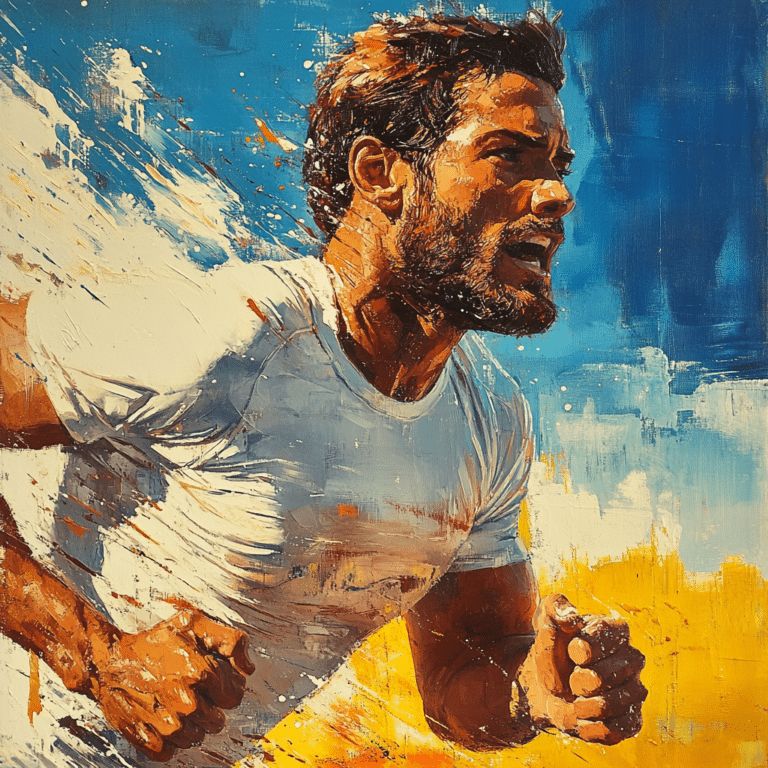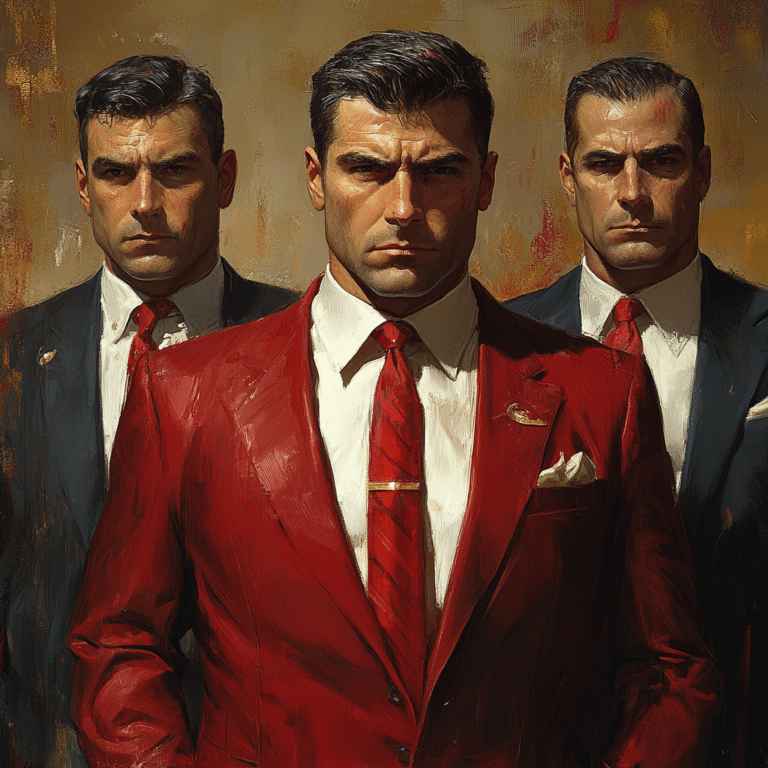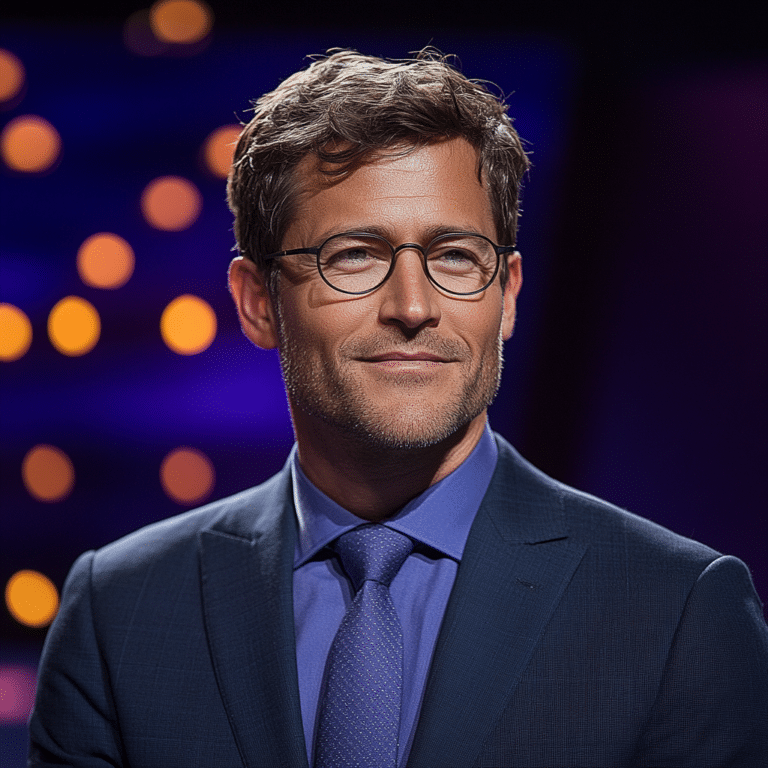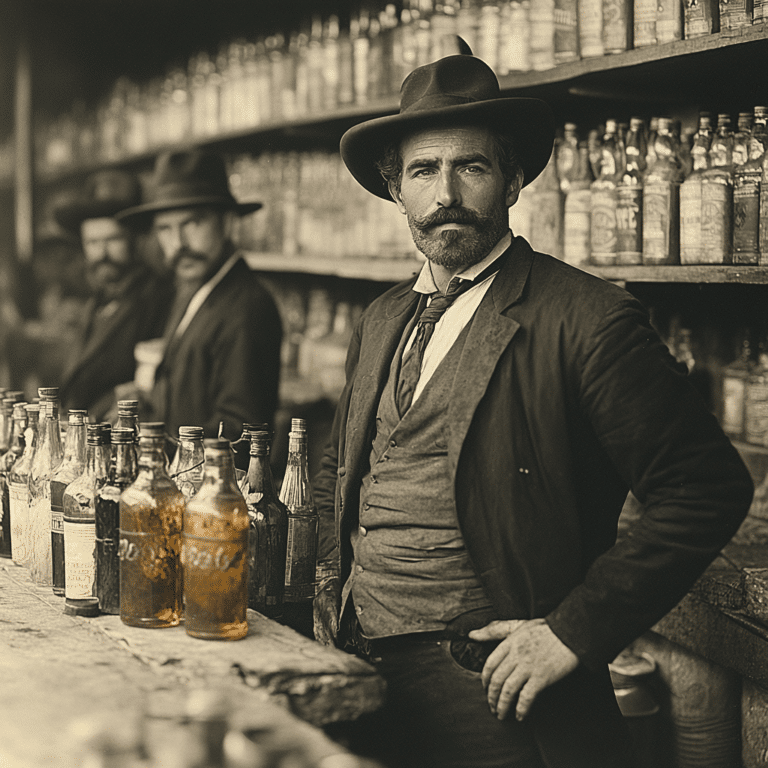The Rise and Fall of O J Simpson, Football Legend
O.J. Simpson—this name reverberates through the annals of American sports and culture, conjuring images of both glory on the football field and a tumultuous life marred by tragedy and controversy. From his exhilarating rise as a Heisman Trophy winner to his perplexing entanglement in one of the most publicized trials in history, O.J. Simpson’s life story illustrates the intersection of sports, fame, and morality. His journey fundamentally mirrors the complexities of the American experience itself—a tale full of ups, downs, and unmistakable lessons that resonate even in 2024.

The Rise of O.J. Simpson: From Heisman to NFL Stardom
O.J. Simpson’s early life in San Francisco was a precursor to his extraordinary sports career. At the University of Southern California (USC), he was a standout player who electrified crowds, ultimately winning the coveted Heisman Trophy in 1968. This achievement wasn’t just a personal victory; it marked the dawn of a new era for college football and set the stage for his entry into the NFL.
In 1969, Simpson joined the Buffalo Bills, and the rest is history. Over the next decade, he shattered records, becoming the first player to rush for over 2,000 yards in a single season—an accomplishment that redefined the position and changed how fans viewed running backs forever. His dazzling runs and charismatic personality created a loyal fan base, making O.J. a household name and a sports icon. His influence went beyond the gridiron; he brought excitement and fervor to the game, attracting a diverse audience that crossed socio-economic strata.
But this fame came with a price. As Simpson’s star rose, so did the scrutiny on his personal life. The clash between his public persona and private struggles foreshadowed the trials that lay ahead. His eventual shift into acting and commercials served as a reminder that celebrity often transcends sports, yet also set the stage for astonishing controversy.
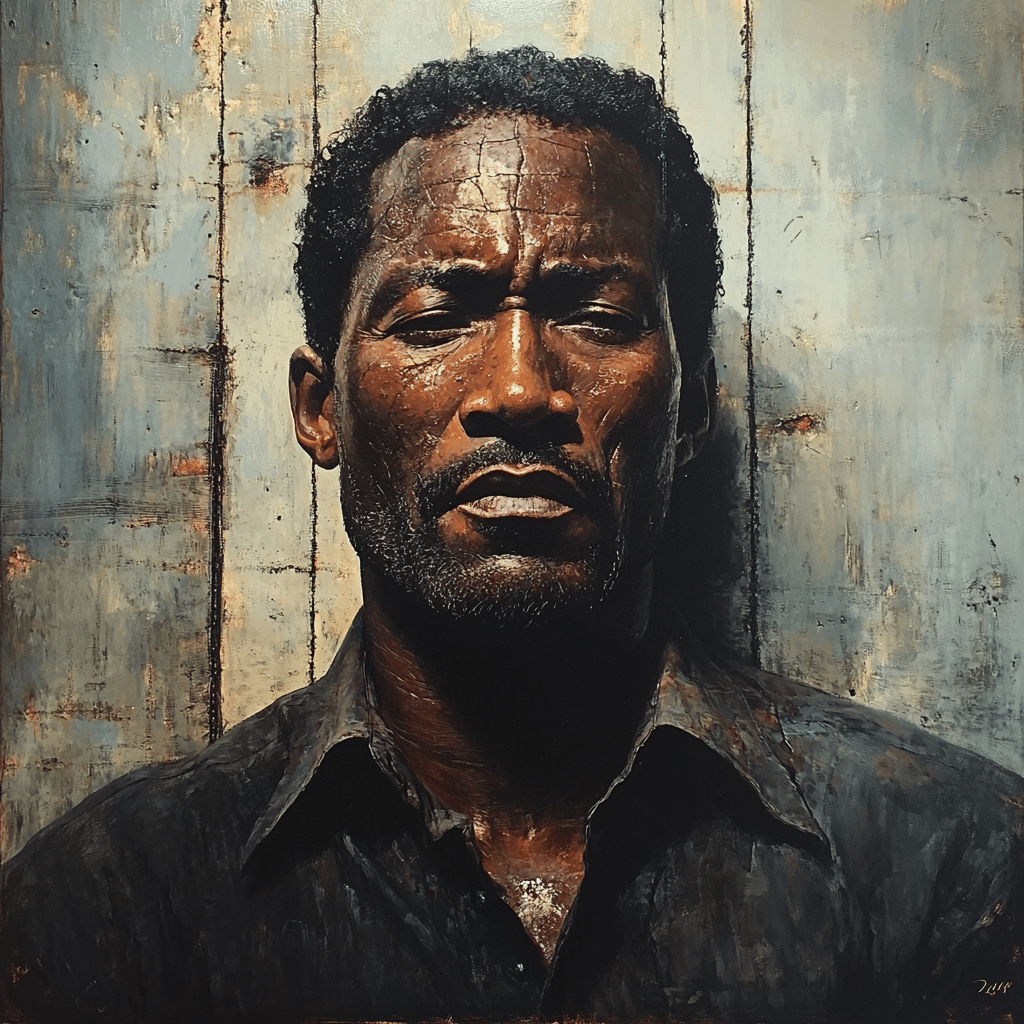
The O.J. Simpson Trial: The Cultural Phenomenon
The Arrest
In 1994, the shocking murder of Nicole Brown Simpson and Ron Goldman marked an unprecedented moment in American history. O.J. Simpson found himself at the center of a media storm, with his infamous Bronco chase becoming symbolic of a deeply fractured nation. The coverage wasn’t just about the crime; it evolved into a wider commentary on race, justice, and celebrity privilege, exposing the fissures in American society.
The Trial Unfolds
The O.J. Simpson trial quickly grew into the first “trial of the century” in our 24-hour news cycle. Courtroom drama unfolded with spectacle as high-profile lawyers like F. Lee Bailey and Robert Kardashian entered the scene. This spectacle wasn’t about justice alone; it was about entertainment in a way that forever altered public perception of the legal landscape.
The Verdict and Its Aftermath
In October 1995, O.J. Simpson was acquitted, igniting fiery debates around race relations and judicial fairness. The verdict did more than just close a chapter on the trial; it infected American discourse, resonating across decades, as seen in countless documentaries, books, and more recently, television series like “The People v. O.J. Simpson: American Crime Story.” The trial itself acted as a catalyst for exploring the complexities of race in America, often discussed in today’s political climate, with figures like J.D. Vance drawing parallels in their critiques of social justice issues.
Impact on American Media and Culture
The pulsating drama of the O.J. Simpson trial also changed the media landscape as we know it. Simultaneously a crime story and an example of reality entertainment, it paved the way for countless crime dramas that permeate our television screens today. The merger of criminal investigation and entertainment has left an indelible mark on how Americans consume news. From the intricacies of the oj simpson trial to reality crime shows, the blending of these realms continues to induce a unique cultural resonance.
The Legacy of O.J. Simpson: A Complex Narrative
Sports Icon to Cultural Figure
O.J. Simpson’s legacy is as layered as it is controversial. As a sports icon whose career transcended the boundaries of athletics, his foray into acting showcased a versatility rarely seen among athletes. With popular appearances in films like “The Naked Gun,” Simpson cemented his status as a cultural figure, effortlessly straddling the realms of sports and entertainment. Yet, his life post-football wasn’t only marked by film roles; it also set the stage for an ongoing saga of redemption.
J.D. Vance and the Reflection on American Society
Current political figures like J.D. Vance explore the deeper societal implications of Simpson’s experience. Vance articulates how the O.J. narrative weaves through larger discussions about race and justice, illustrating a microcosm of American identity. In today’s climate, where issues of inequality and representation dominate the discourse, Simpson’s legacy offers poignant insights that resonate widely.
Public Perception and Redemption
Over the years, public sentiments towards O.J. Simpson have oscillated wildly. From being idolized as a sports hero to facing distrust as a murder suspect, and through to today, where he’s often central to discussions about accountability and rehabilitation. His recent moves in social media showcase an effort to redefine his narrative amid fluctuating public approval. In a world that often favors soundbites over substance, Simpson’s journey presents an ongoing question: Can one truly find redemption?
O.J. Simpson in 2024: A Continuing Influence
As we stride into 2024, O.J. Simpson remains a figure of both intrigue and controversy. New documentaries are being made; his story remains a topic of fervent discussion. And let’s be clear: social media has broadened his reach, empowering him to connect with younger audiences in ways we never anticipated back in the ‘90s. The ongoing debates about his legacy reflect the complexities surrounding fame, morality, and American culture.
Reflection on the Life of a Football Legend
O.J. Simpson’s life is a vivid testament to the interplay of talent, tragedy, and triumph. His narrative serves as a reflection of broader cultural dynamics, pushing us to think critically about race, justice, and celebrity in America. As we dissect this multi-faceted story, the conversations around his experiences will continue to echo, shaping the socio-political landscape long into the future.
In recognizing how O.J. Simpson shaped the national conversation, we ignite spirited discussions that challenge us to reflect on our values and beliefs. From sports triumphs to courtroom battles, his legacy invites us to engage critically with both our past and our future—a riveting dialogue all Americans should be a part of.
O J Simpson: The Dramatic Life of a Football Legend
The Early Days and Football Stardom
O.J. Simpson, born in San Francisco in 1947, is a name synonymous with both triumph and turmoil. He first rose to prominence as a star running back for the USC Trojans, where his knack for stunning plays He later on became the first player to rush for over 2,000 yards in a single season in the NFL. This remarkable feat took place while he was playing for the Buffalo Bills, and it’s a record that still garners respect today. Speaking of the sports scene, the Oklahoma Sooners have had their share of memorable moments, reminding fans of that same thrilling energy O.J. brought to the game.
A Multifaceted Career
Beyond the gridiron, O.J. ventured into acting, showcasing his charisma on the big screen. His roles in movies like “The Naked Gun” introduced him to a new fan base who may have tuned in just for his charm, akin to how audiences get drawn into Meghan Foxs performances. Interestingly, Simpson’s life has taken various twists, including a stint in selling sports memorabilia, which some found controversial. His post-football career illustrates how celebrities often walk a fine line between fame and infamy. However, amidst his ups and downs, Simpson’s story reflects the complexities many face, much like those dealing with parenting challenges in addiction, who navigate their own share of hurdles.
Legal Battles and Public Scrutiny
O.J.’s notoriety skyrocketed during his very public legal battles following the tragic events of 1994. His highly publicized trial exposed the American judicial system to intense scrutiny, making it a cultural phenomenon. The drama rivaled that of any blockbuster movie playing at the Empire Cinema sutton. Whether you followed the trial or observed it from afar, it remains a cornerstone in discussions about race, celebrity, and the law. Adding to this mix was the media frenzy that ensued, with figures like Andre Dawson commenting on the effects of such public scrutiny on athletes. O.J. Simpson, once a celebrated hero, became a cautionary tale, serving as a reminder of how fame can quickly turn on its head.
O.J. Simpson’s life story is packed with wild twists and turns, showcasing the highs of his sports career, the pitfalls of fame, and the unrelenting complexities that fame brings. From football legend to Hollywood star to controversial figure, Simpson embodies a dramatic narrative filled with both fascination and lessons. His life encourages us to consider the myriad factors influencing public perception, from sports rivalries to personal choices amid the glare of the spotlight.






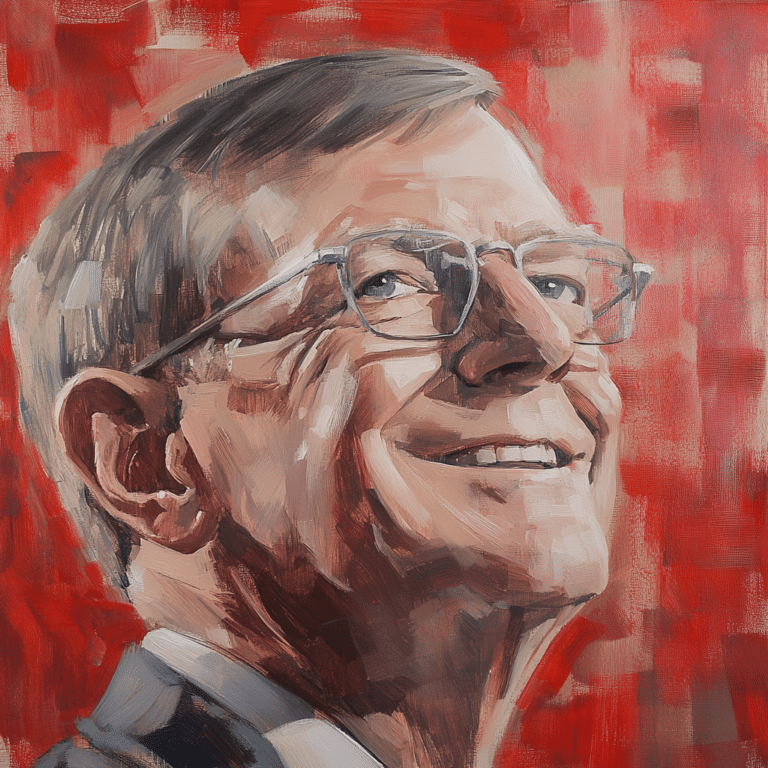
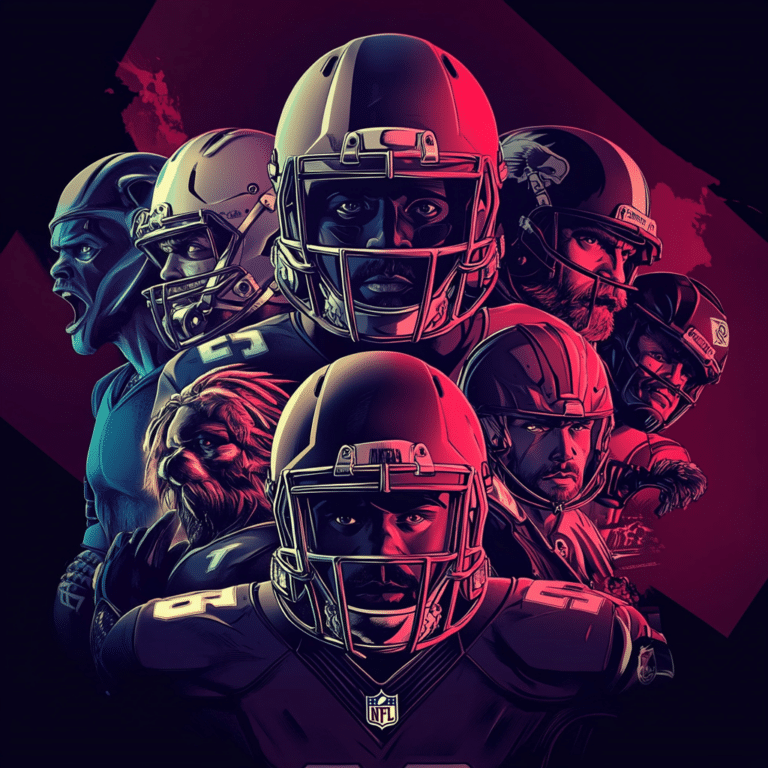

![nba]](https://www.theconservativetoday.com/wp-content/uploads/2025/02/nba-768x768.png)









